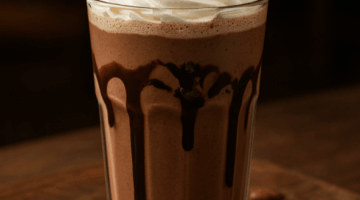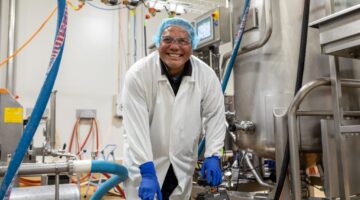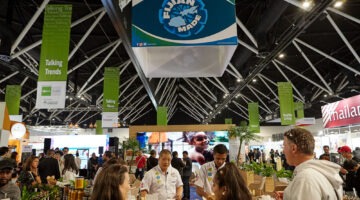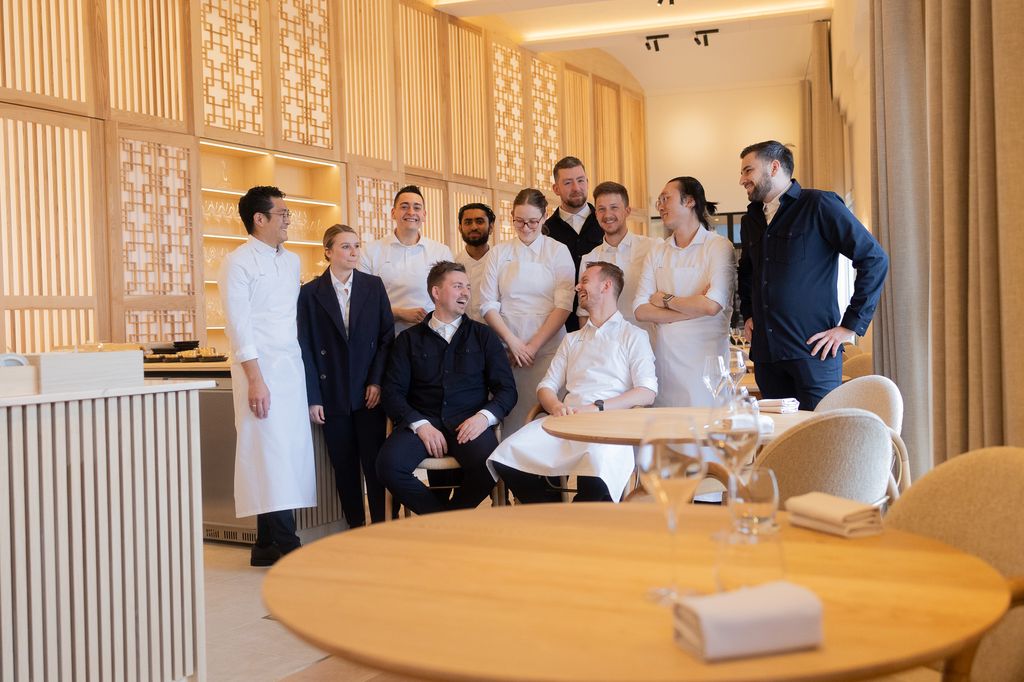
Lotus Land Agency updates from The World’s 50 Best Restaurants 2025
The annual global ceremony to celebrate The World’s 50 Best Restaurants was held in Turin, Italy, yesterday evening, the 19th June. Lotus clients: Ikoyi – Jeremy Chan; KOL – Santiago Lastra; Saint Peter – Josh Niland; Koan – Kristian Baumann; and Burnt Ends – Dave Pynt, all received their latest […]
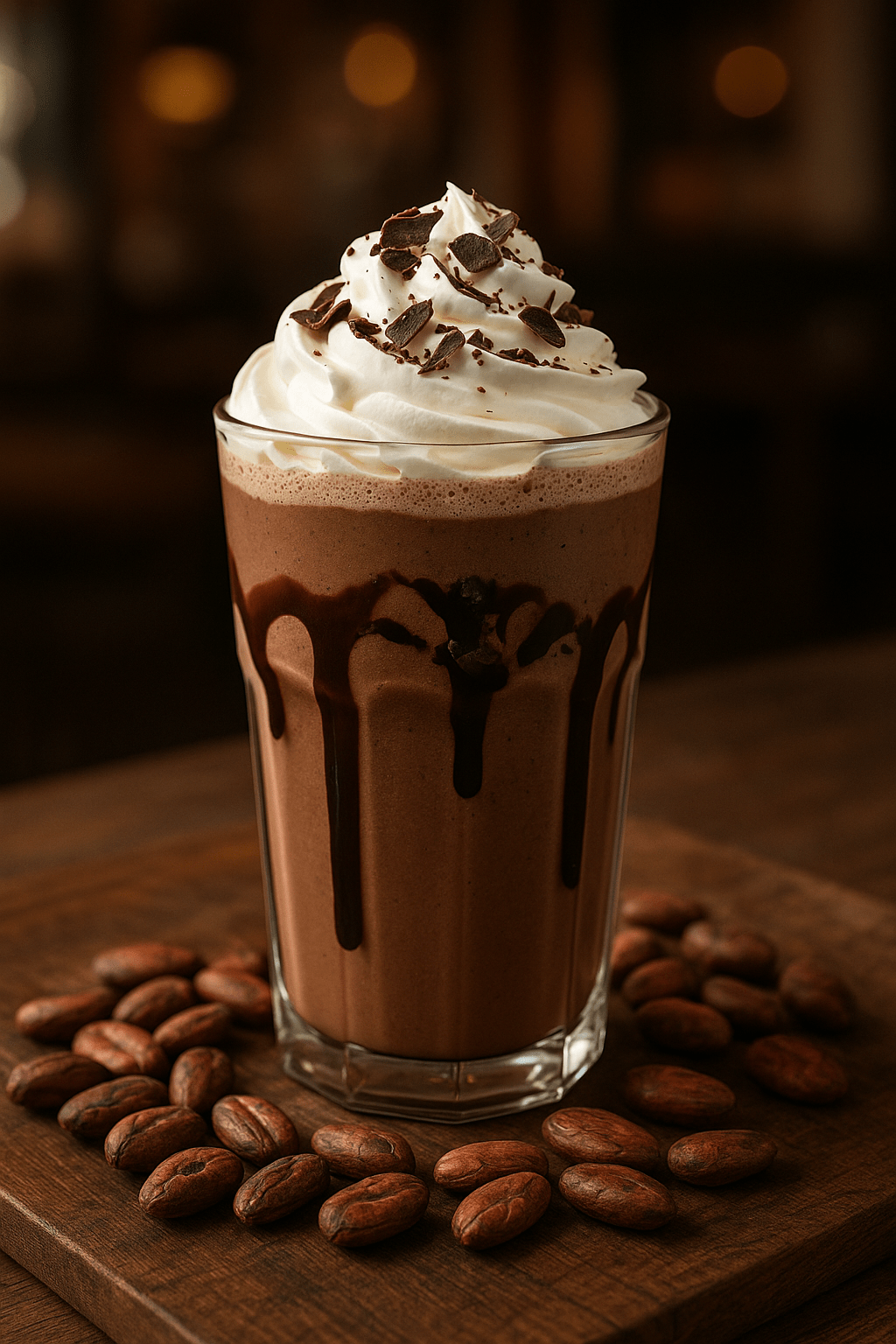
DaVinci Gourmet transitions cocoa used to Rainforest Alliance
In a first among global food service beverage brands, DaVinci Gourmet, part of Kerry Group, has transitioned 100% of the cocoa used in its full range of sauces, syrups and powders to Rainforest Alliance Certified sources. To drive awareness and help cafés make the switch, DaVinci Gourmet is offering the […]
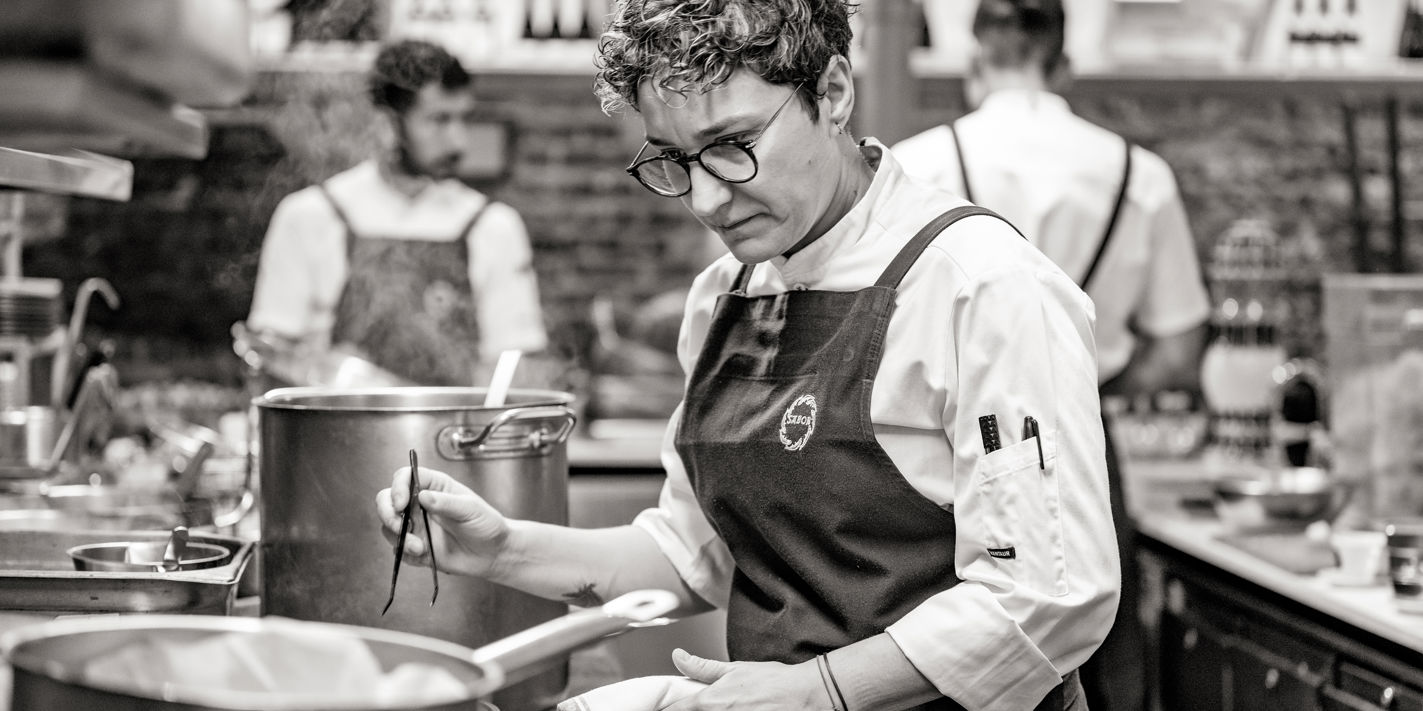
Legado by Chef Nieves Barragán Mohacho opens August 2025
Legado, Nieves Barragán Mohacho’s second venue in partnership with JKS Restaurants, will open on Thursday, August 28th, 2025. Legado, meaning ‘Legacy’, is a profoundly personal expression of Spain and its rich regional food culture from the heart of visionary Spanish chef Nieves Barragán Mohacho. Suitably located in London’s Shoreditch, Legado […]
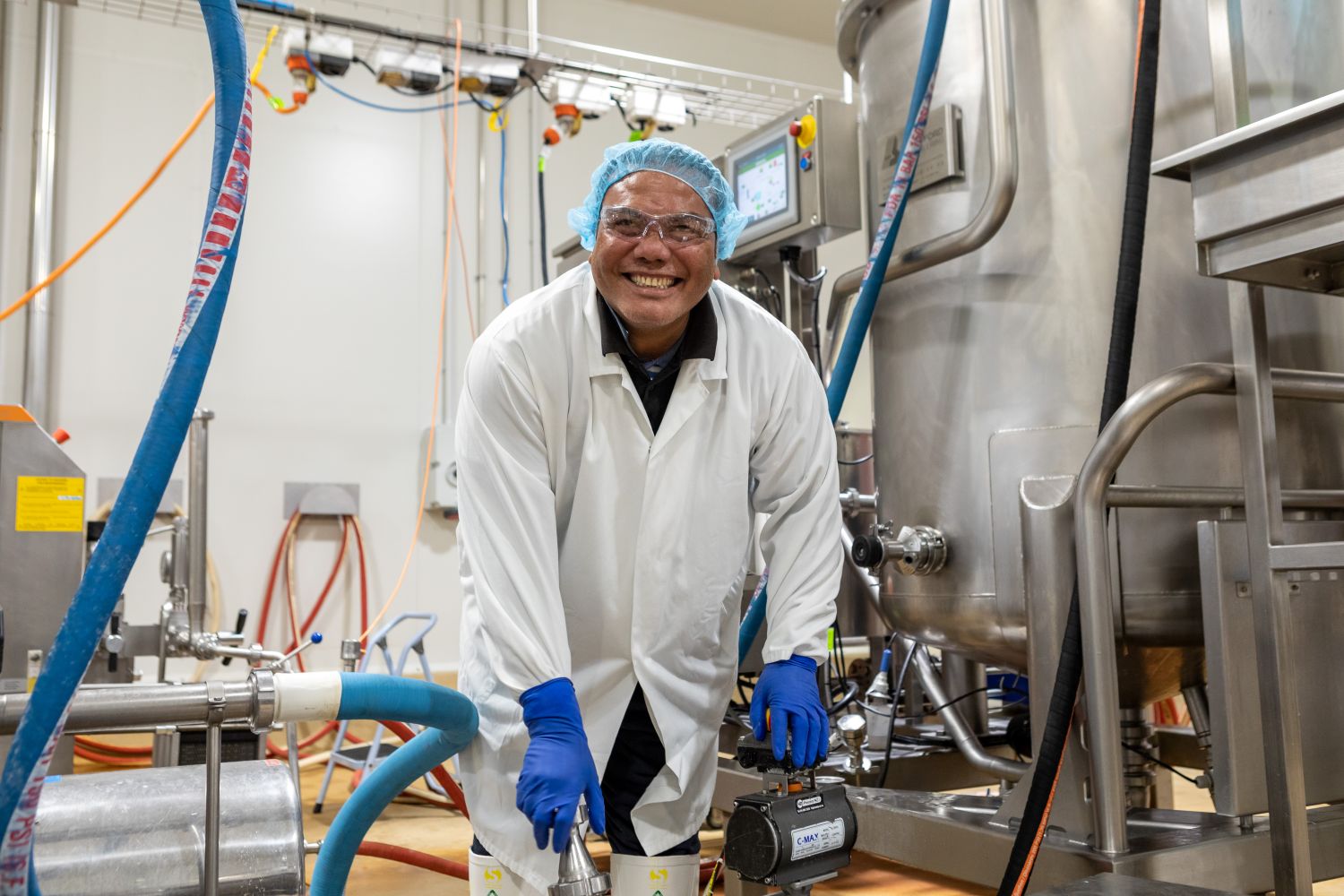
World first waste upcycling tech to reduce dependence on imported foods
A world-first Kiwi-developed food technology that upcycles horticultural waste into high-value products is set to reduce NZ’s dependence on imported food ingredients, cut greenhouse gas emissions, increase grower returns and boost regional employment. The waste valorisation system, developed by sustainability venture Powered by Plants (PbP) with support from Government-backed New […]
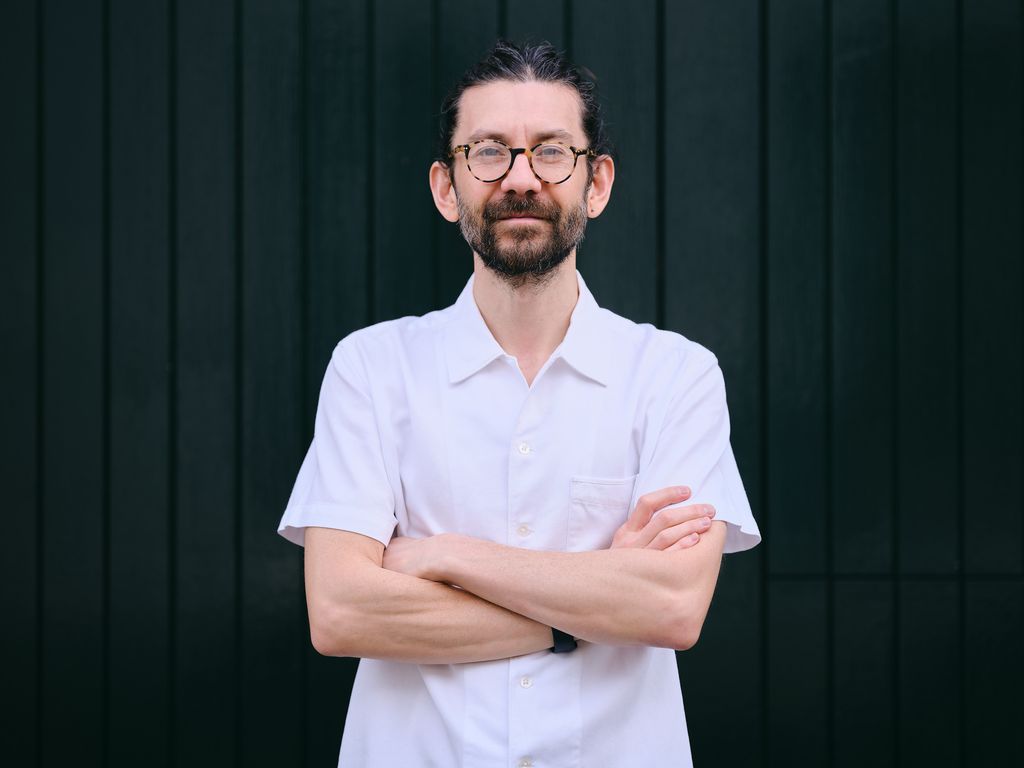
Chef Spotlight: John Chantarasak
John Chantarasak of AngloThai brings a bold and deeply personal expression of Thai cuisine to London Restaurant: AngloThai Chef: John Chantarasak Cuisine: British-Thai Located on Seymour Place, just five minutes from Marble Arch, AngloThai is the Michelin-starred restaurant from British-born chef John Chantarasak. Raised between two culinary cultures – the […]
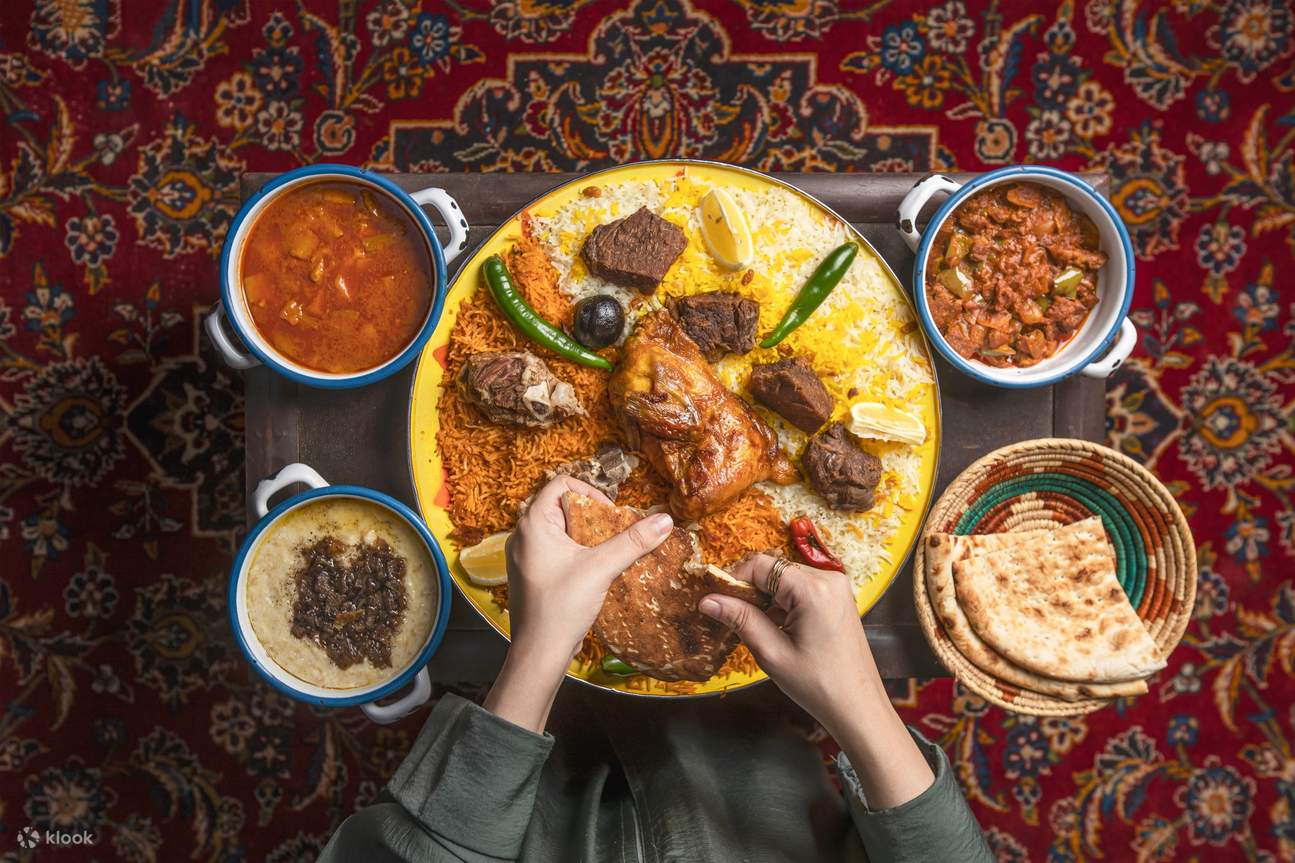
Australian flavours find fans at Saudi Food Show
Over 50 Australian exporters brought a taste of Australia to Saudi Food Show in May– the largest food and beverage sourcing event in the Kingdom of Saudi Arabia. Austrade was proud to join state, territory and industry partners to support Australian exhibitors across meat, dairy, convenience, health foods and beverages. […]

MSU-led research team receives $500K grant to combat herbicide-resistant weeds in soybeans
East Lansing, Mich. — A national research team led by Michigan State University has received a $500,000 grant from the United Soybean Board to develop new diagnostic tools for herbicide-resistant weeds in soybeans. The award currently covers one year but can be extended for up to three years. Eric Patterson, […]
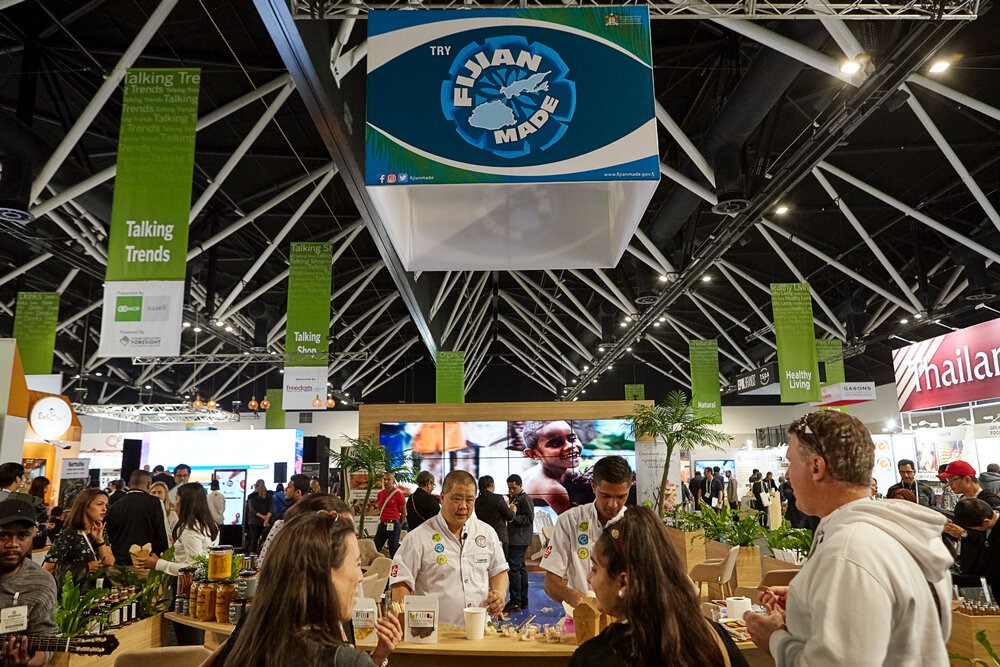
Fine Food Australia, the nation’s largest food trade event returns to Sydney in 2025
Australia’s largest trade event for the foodservice, hospitality, and retail industries is making its much-anticipated return to Sydney this year. Taking place between 8–11 September 2025, the International Convention Centre Sydney will once again host Fine Food Australia—a four-day showcase of innovation, inspiration, and unmatched opportunity for industry professionals ready […]
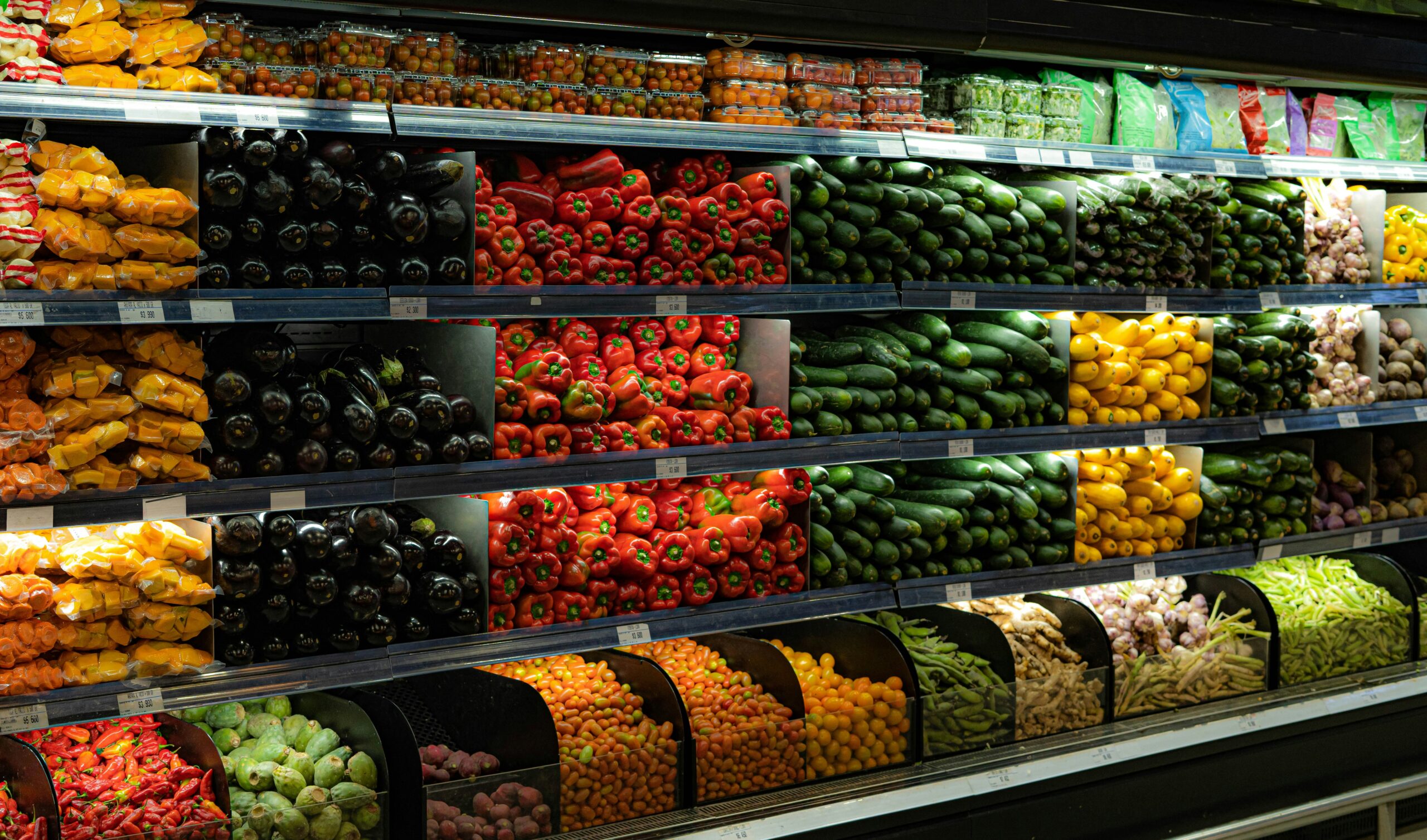
First national stocktake of Australia’s food system reveals hidden costs and big opportunities
CSIRO, Australia’s national science agency, has completed the first-ever national stocktake of our $800 billion food system, which feeds around 100 million people – including 27 million Australians – with food produced by 100,000 farmers. Released as part of the Food System Horizons initiative, the report urged a new approach […]
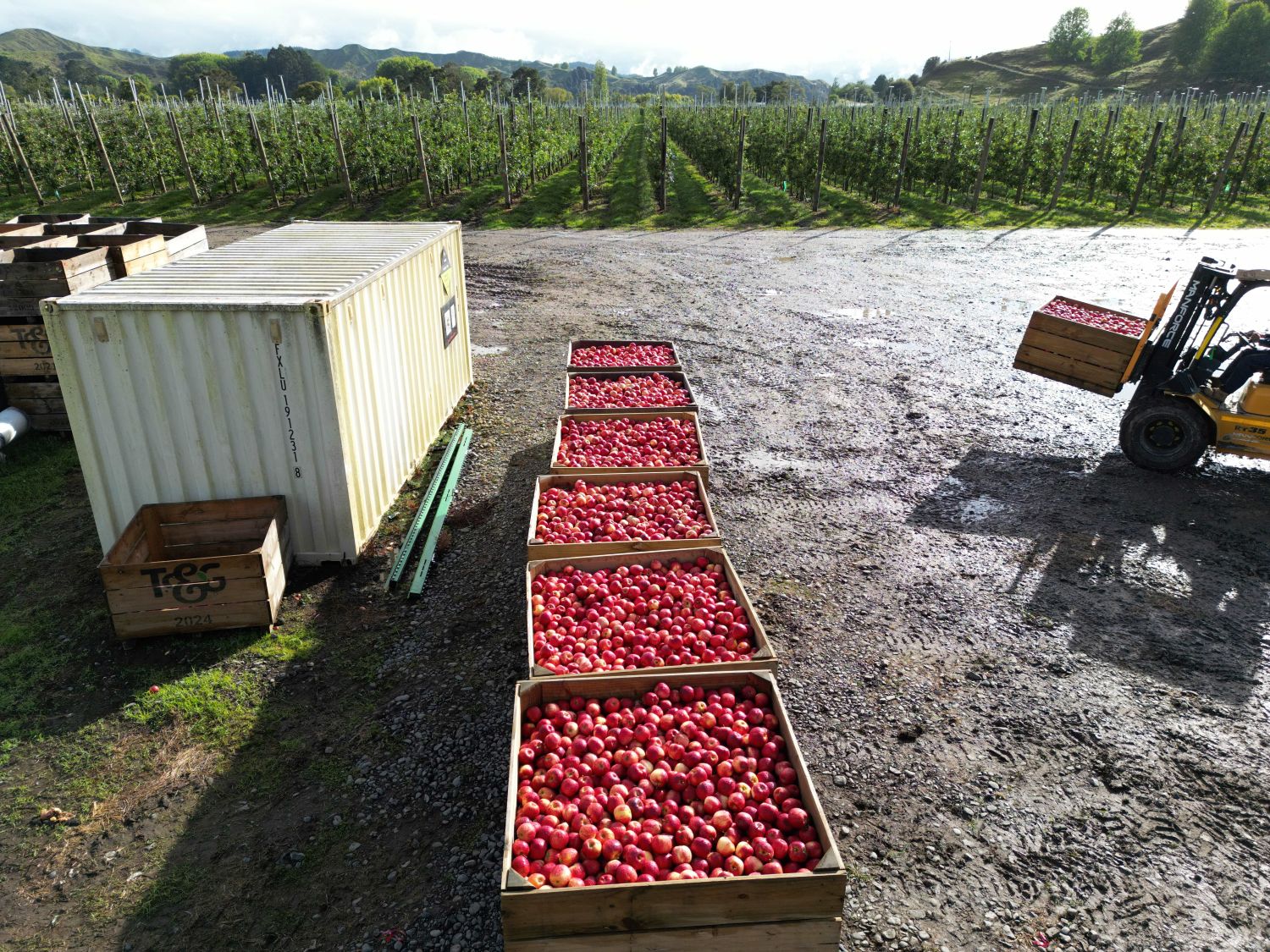
Haumako embraces innovation during Envy apple harvest in Wairoa
Haumako Horticulture is transforming the landscape of Wairoa—both literally and economically—as it leads the region’s transition from traditional farming to high-tech horticulture. Now in the peak of its Envy apple export harvest, the orchard is already reaping the benefits of strategic investment in innovation, local talent, and sustainable regional development. […]
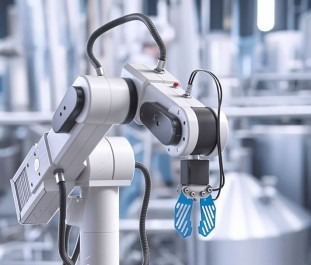
Sculpteo launches PA12 Blue: An Innovative 3D Printing Material Compliant with Food Industry Standards
Upload any design and print it in PA12 Blue, with customisation options available such as finishing, sizing, batch control and hollowing Sculpteo, a leader in additive manufacturing, announces the launch of PA12 Blue food grade, an innovative plastic material designed to meet the requirements of industrial environments where hygiene, […]

Flexi Grain expands operations to include Faba Beans
Flexi Grain, a leading grain marketing company, is excited to announce its expansion into the faba bean market. Starting in 2025, Flexi Grain will begin contracting faba beans under its unique area based contract and managed under a pooling structure offering producers an alternate marketing avenue to maximise returns and […]

Lee Kum Kee gives support to the 8th International Master Chef Charity Gala Dinner
Event brought together 2,300 chefs and guests to raise funds for the needy and promote Chinese culinary culture exchanges From 14 to 16 April 2025, the 8th International Master Chef Charity Gala Dinner was held at the Xueye Lake International Conference Centre in Laiwu, Jinan, marking the first-ever hosting of the event in mainland China. Over 1,000 master chefs from around the world gathered at the Xueye Lake International Conference Centre in Jinan. With over 2,300 distinguished chefs attending from around the world – including overseas Chinese chefs, master chefs, celebrities and Michelin-starred chefs – the dinner not only set a new participation record, but raised over RMB10 million to be donated to the Jinan Charity Federation and Shanghai Charity Foundation to support public welfare development. Since its inception in 2014, the International Master Chef Charity Gala Dinner has been held in locations such as Taipei, Melbourne, Kuala Lumpur, Macau, Ho Chi Minh City, Singapore and Hong Kong. As well as showcasing mainland China’s thriving foodservice industry, the 8th edition in Jinan promoted Chinese culinary skills globally by facilitating international cultural exchanges and culinary innovation. A longtime supporter of this event, this year Lee Kum Kee acted as a strategic partner, demonstrating its leading status in the global food industry. The gala dinner was a resounding success, with Yang Li, Vice Mayor of Jinan; Ip Sio Man, President of the International Master Chef Charity Association; Yang Liu, President of the China Cuisine Association; Dodie Hung, Executive Vice President – Corporate Affairs of Lee Kum Kee Sauce; and Ross Tang, General Manager – Marketing of Lee Kum Kee Sauce in China being among the notable figures attending. Yang Liu remarked, “This is not only a gathering of the world’s master chefs but also an international event celebrating ‘Chinese Flavours and Love’ […]



